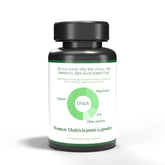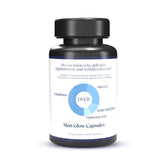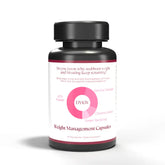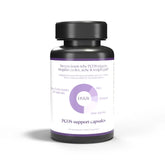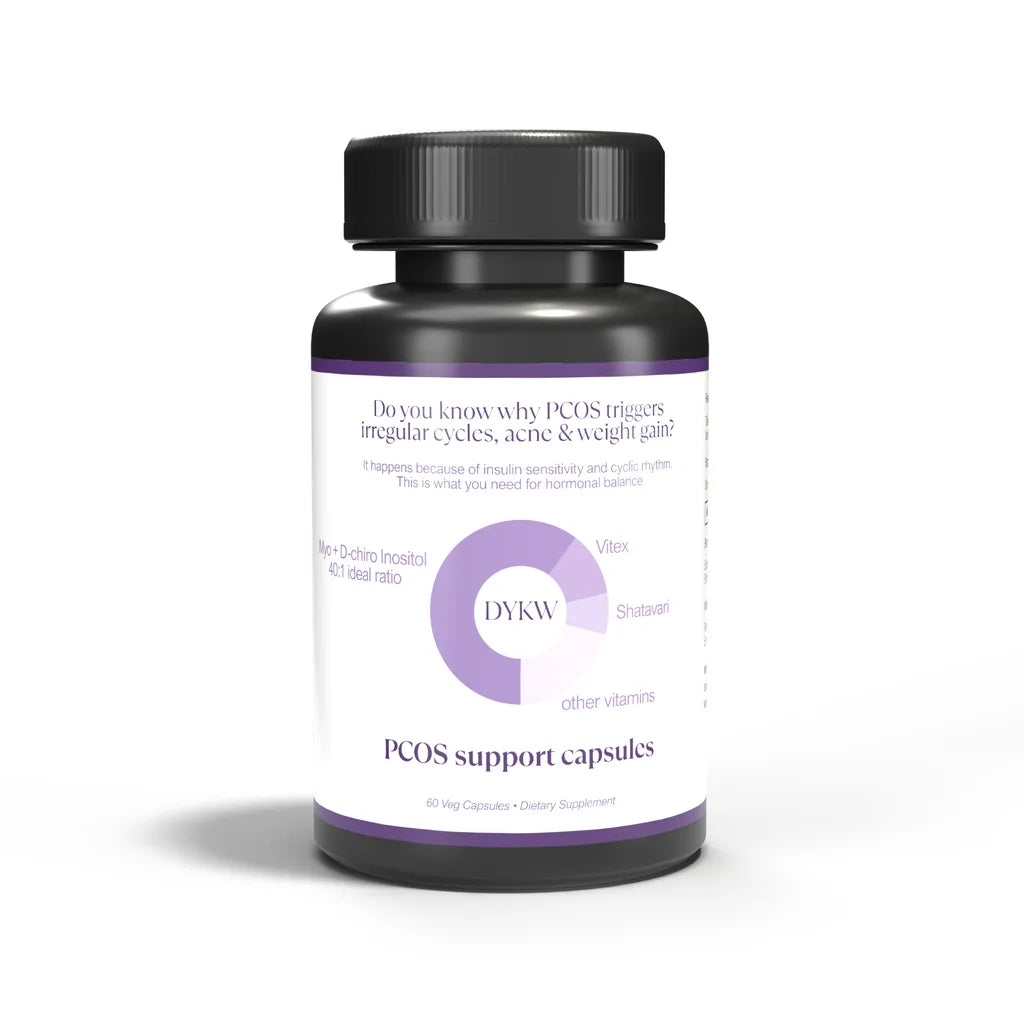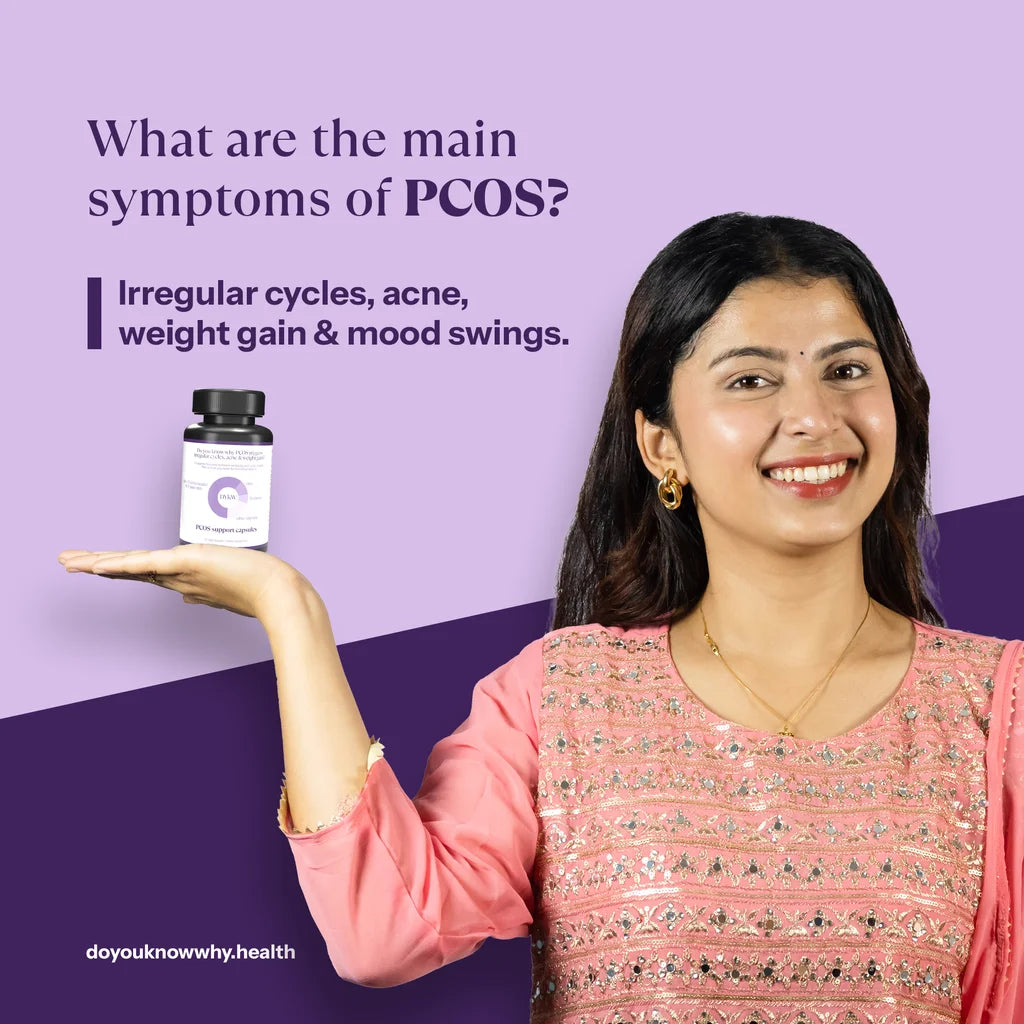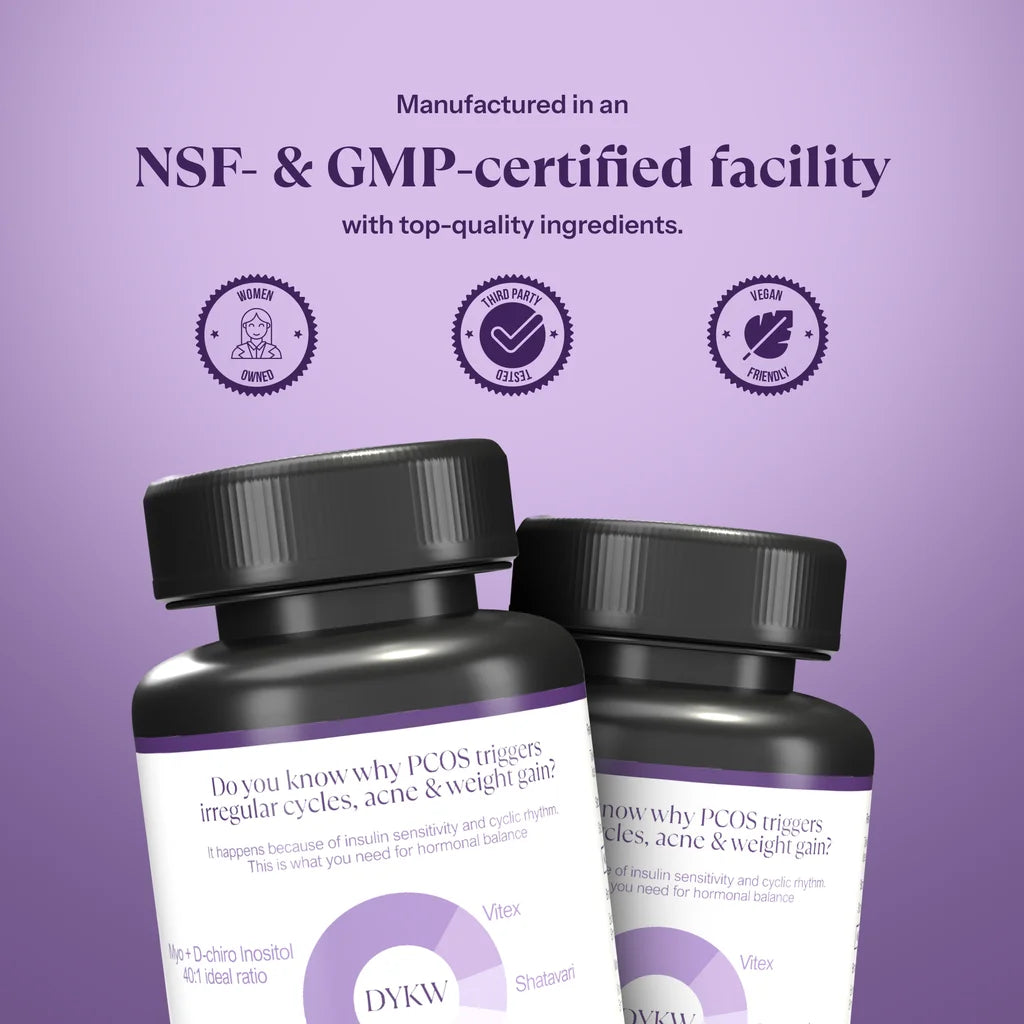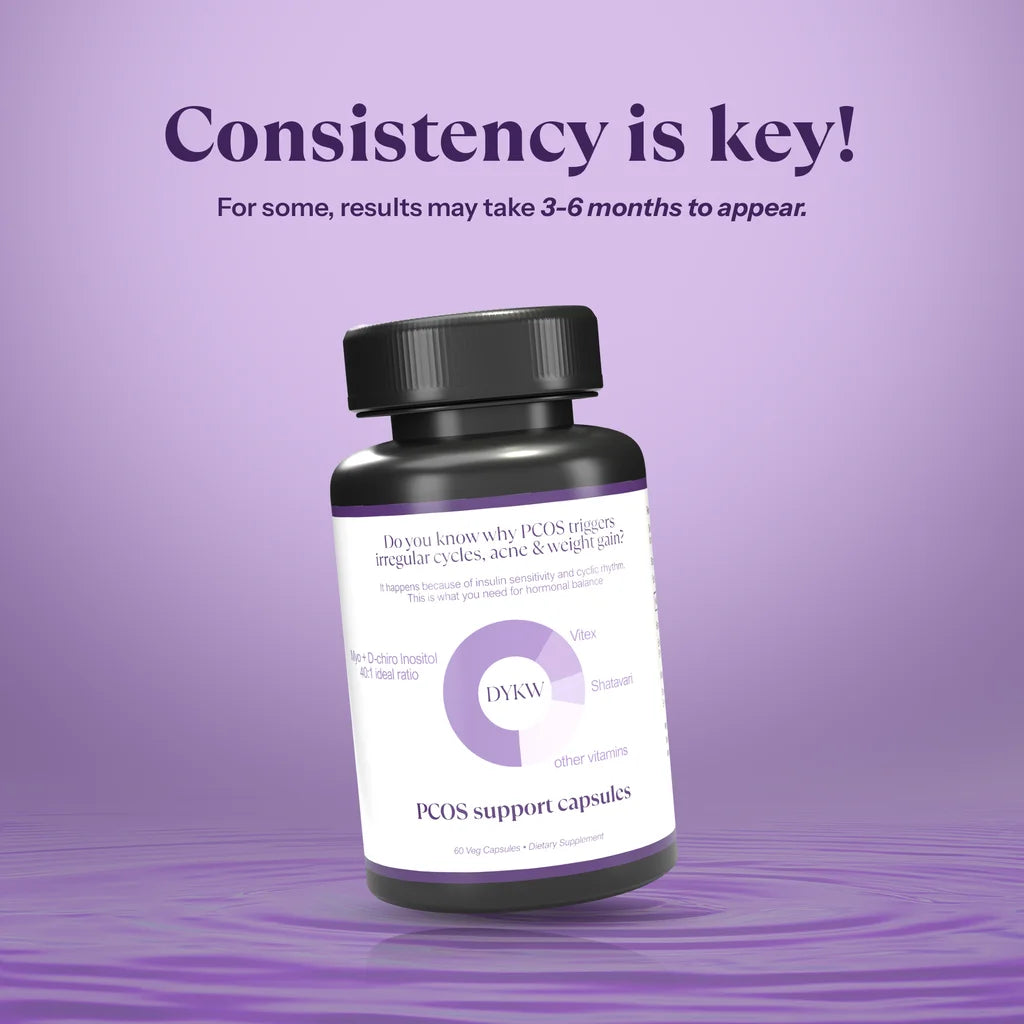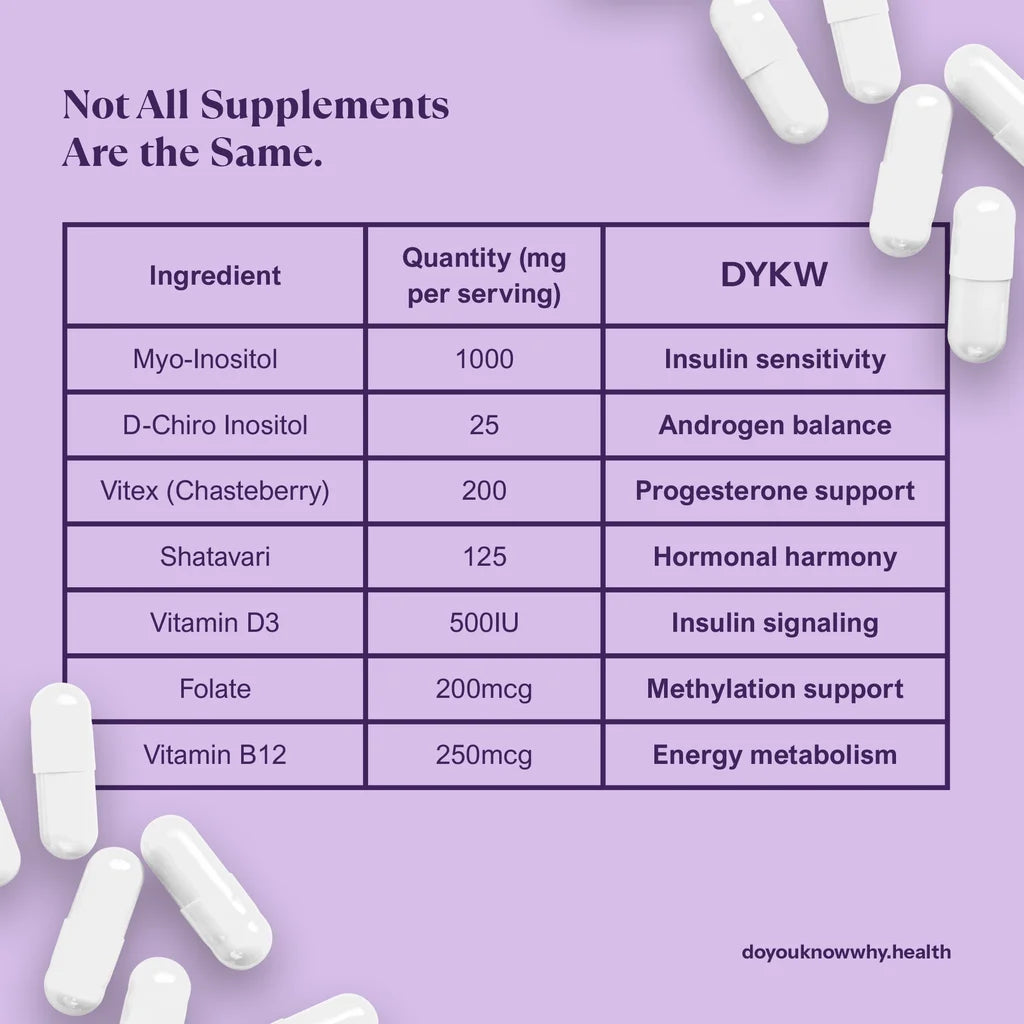Do You Know Why PCOS Causes Fatigue? Signs, Causes, and Effective Tips
Do you know why PCOS leads to overwhelming fatigue even if you’re eating well and staying active? It goes beyond mere tiredness—it's about hormonal imbalances, inflammation, and lifestyle factors all impacting your energy levels. This article uncovers why PCOS fatigue happens and how you can reclaim your vitality.
Why PCOS Causes Fatigue
-
Insulin Resistance: Makes it harder for your cells to convert glucose into energy, leaving you sluggish.
-
Hormonal Imbalance: Elevated androgens and progesterone disruptions affect sleep quality and energy.
-
Chronic Inflammation: Causes systemic tiredness and lowers motivation.
-
Sleep Issues: PCOS often causes poor sleep quality and higher risk of conditions like sleep apnea.
-
Mental Health: Anxiety and depression common in PCOS exacerbate fatigue symptoms.
Recognizing the Signs
-
Not feeling rested even after a full night’s sleep
-
Constant cravings for caffeine or naps
-
Difficulty focusing or brain fog
-
Lack of motivation or energy for daily activities
Proven Strategies to Manage Fatigue
-
Optimize Your Diet: Regular, balanced meals rich in low glycemic index carbs, fiber, and protein.
-
Gentle Regular Exercise: Light to moderate movement improves insulin sensitivity and boosts mood.
-
Improve Sleep Hygiene: Keep a consistent bedtime, limit screens, and create a restful environment.
-
Manage Stress: Practice mindfulness, meditation, or yoga to reduce cortisol levels.
-
Supplement Support: Consider vitamin D, magnesium, and B-complex vitamins after consulting a healthcare provider.
FAQs
-
Is PCOS fatigue permanent? Many improve significantly through lifestyle changes and medical support, but long-term management may be necessary.
-
Can diet alone fix fatigue? Diet helps but pairs best with good sleep, stress management, and exercise.
Don’t let fatigue rule your life. Access our personalized PCOS energy plan and join our community for ongoing support.
